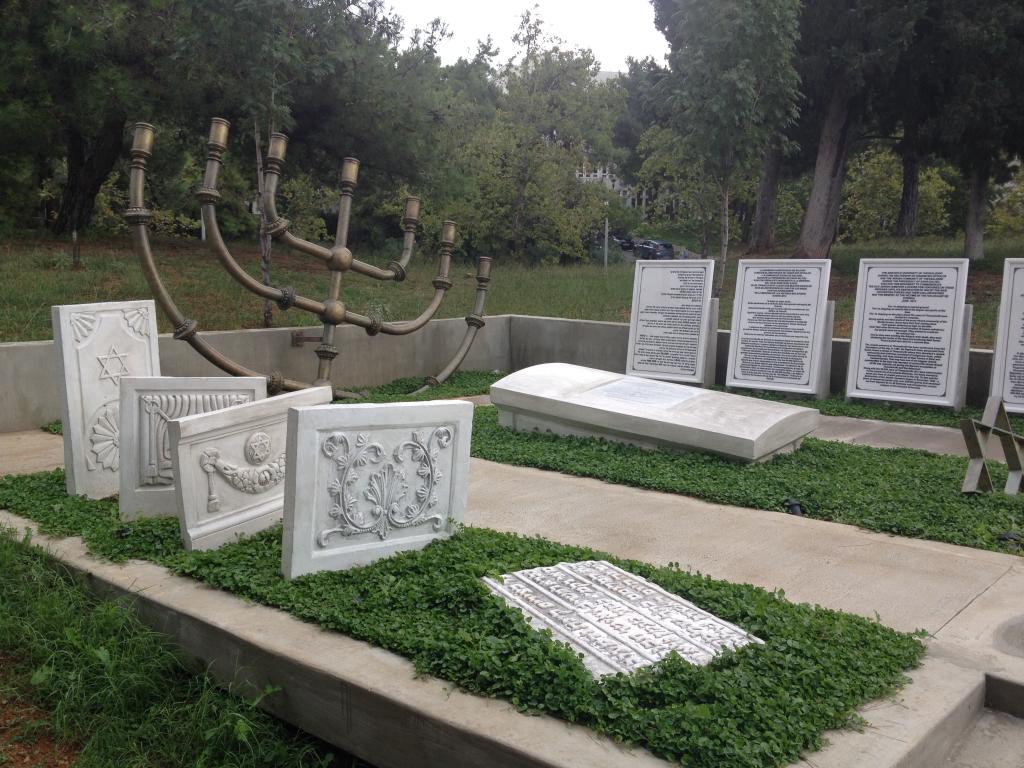Through the course of the Second World War, the Nazis and their collaborators murdered around 90% of the Jewish community living in Greece. Leon Saltiel, Visiting Research Fellow at the Department of International History, has contributed a chapter to The Holocaust in Greece (Cambridge University Press), in which he analyses how Thessaloniki elites operated and reacted during the 1940s. More details in this interview about “A City against Its Citizens? Thessaloniki and the Jews”.
You write that the distinctions between “the limits of complacency, complicity, and collaboration, a common theme related to the Holocaust” are often unclear. In this respect, what does your chapter on Thessaloniki elites under Nazi rule tell us?
In my research, which examines local attitudes towards the Holocaust – the role of “bystanders” if you will – I make a distinction between the common people and the elites. I argue that elites, because of their prominent position, the access and respect they enjoy, have more flexibility and immunity when they intervene in political affairs. On the other hand, ordinary people under Nazi occupation experienced tremendous suffering and their instinct was to survive and protect their families.
Although no one is disputing the central role of Nazi Germany in perpetrating this crime, local populations did have a role to play. Thessaloniki is a very pertinent case study to review these local responses. The city became part of Greece only in 1912, until then being part of the Ottoman Empire. The processes of transition from an empire to a nation state were still ongoing when, thirty years later, the Nazis occupied the city. The general apathy and indifference shown by the Greek Christian elites of Thessaloniki towards their suffering Jewish compatriots, which comprised almost a quarter of the city dwellers, challenges us to re-evaluate the moral priorities of civic leaders in times of crisis.
Why did local leaders go “against” their “own” citizens?
One of the main priorities of the Greek Christian leaders of the time, who were of a conservative and nationalistic orientation, was to conclude the process of “Hellenization” of Thessaloniki. The Jews were the only major ethnic group remaining in the once cosmopolitan city, as the other minorities had mostly departed. They were seen as a separate community, whose suffering did not make it to their list of priorities.
The fate of the vacated Jewish businesses and homes, full of merchandise, equipment, furniture and other items, was the cherry on the cake, which kept the local officials busy, devising mechanisms for their management and allocation, through seemingly legal and bureaucratic means.
The city’s Jewish topography was “erased”. How was this done?
Each city has its own characteristics, a unique mix of history, landscape, urban development, traditions and activities of the citizens. Let me be precise: a community that lives in a city has its own institutions and houses of worship; its neighbourhoods, restaurants and stores; its language, street names and signs; its cemetery. What we saw in Thessaloniki during the Second World War was a consistent effort to eradicate its Jewish character, something that also continued after the war. It is no coincidence that books and documentaries on the city’s history refer to it in terms of “ghosts”, “amnesia” and “silence”, an absence that is felt more than in any other major city in Europe.
How is the complicity of local leaders viewed today?
It is fair to say that in recent times the city has begun to look back to its history and try to come to terms with these tragic events. The city mayor, Yannis Boutaris, and other civic and political leaders have spoken openly of the “shame” they feel about these events and offered their apology. A local debate has been underway, in a public manner, where many of these issues are presented. These topics are not black and white, and it is exactly those shades of grey that the polity has to balance and discuss. The educational value of such an argument cannot be overstated. The important thing is that this process has started, which gives more responsibility for us historians to research and disclose the real facts that, in turn, inform the local debates.
Full citation of the chapter:
Saltiel, Leon. “A City against Its Citizens? Thessaloniki and the Jews.” In The Holocaust in Greece, edited by Giorgos Antoniou and A. Dirk Moses, 113–34. Cambridge: Cambridge University Press, 2018.


